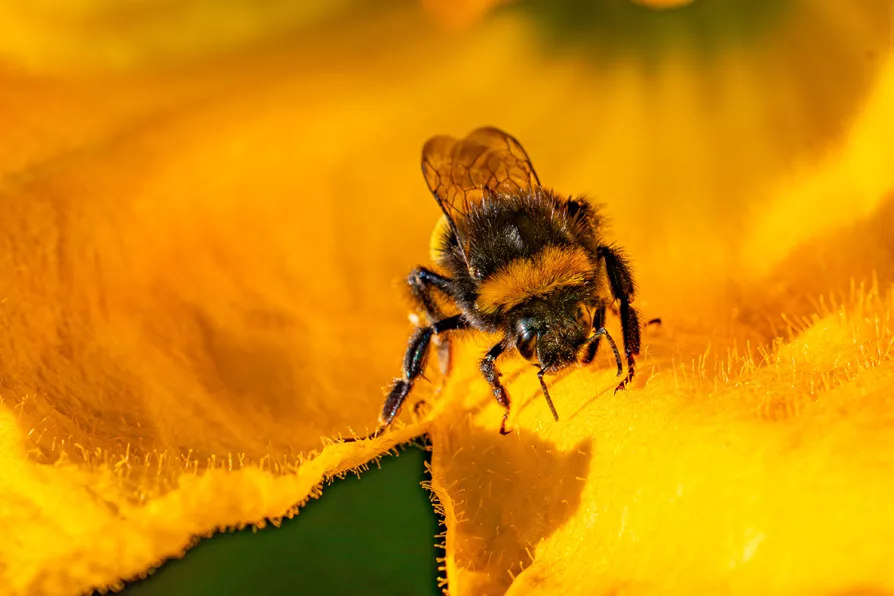More than 1.6 million people call for a ban on bee-killing pesticides

 A bee collecting pollen in the city of Bristol
A bee collecting pollen in the city of Bristol
MORE than 1.6 million people have backed calls to ban bee-killing pesticides.
The petition, co-ordinated by Greenpeace UK, was handed in to the Department of Environment, Farming and Rural Affairs (Defra) today, addressed to environment minister Emma Hardy.
Campaigners dressed in bee outfits delivered the petition and carried placards that read “Pesticides Buzz Off” and “Bee Safe.”
Similar stories

The West’s dangerous pesticide dumping in Africa is threatening biodiversity, population health and food sovereignty, argues ROGER McKENZIE













